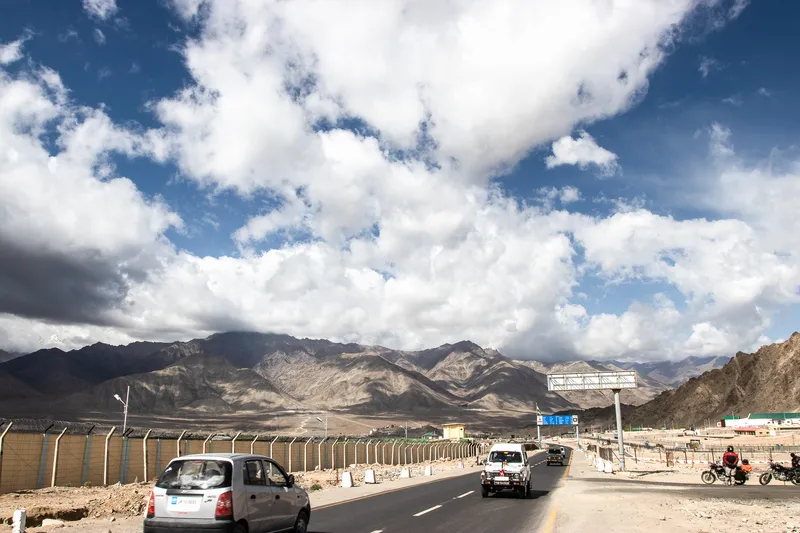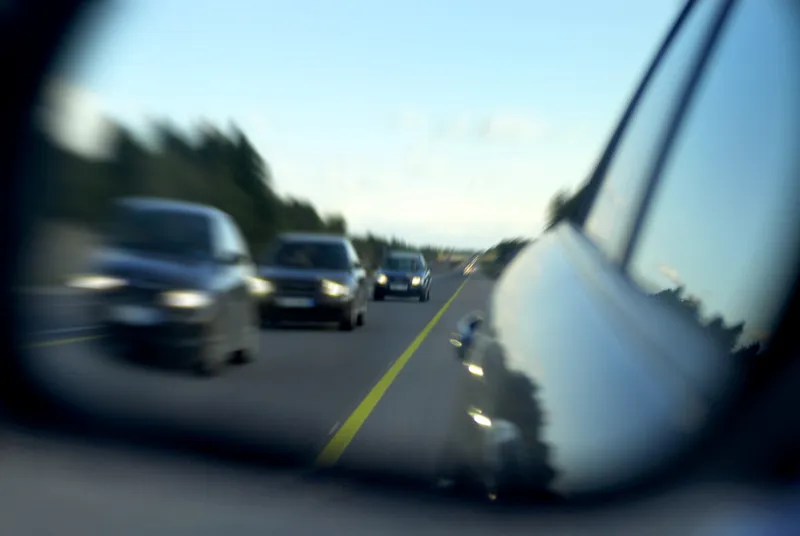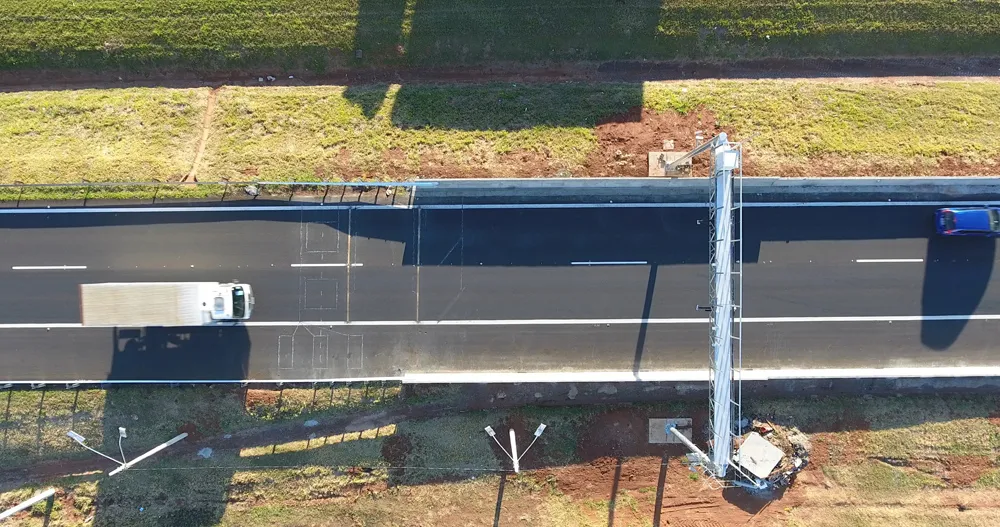
All new roads developed by the National Highway Authority of India (NHAI) will include an advanced traffic management system (ATMS), according to a report by ETAuto.com
A webinar organised by the India chapter of the International Road Federation (IRF) revealed that the system will include immediate location identification of areas where traffic bottlenecks occur due to accidents or other reasons.
According to R.K. Pandey, member projects, NHAI, it will also feature the “provision of information to motorists on that stretch immediately, meteorological systems, speed detection systems, mobile radio communication systems including base and repeater stations, vehicle mounted and handheld units and transmission towers in addition to CCTV units at strategic locations to ensure immediate access to information in emergencies".
"At present in most of the NHAI ongoing projects, road safety has been incorporated as built in with provision for all kind of flyovers, under passes and overhead passes,” Pandey continues.
“Road safety audits are being taken at various stages of construction including at the end of the project. For the existing roads measures have been taken to remove the black spots.”
The NHAI has identified around 4,500 black spots on the national highways and 2,500 have been rectified. Work on another 1,000 stretches is in progress.
K. K. Kapila, president emeritus at the IRF, says: "India accounts for more than 10% of global fatal road accidents, the highest in the world."
IRF has taken up safe road construction projects in seven states including Tamil Nadu, Kerala, Madhya Pradesh, Rajasthan, Uttar Pradesh and Karnataka.
"These roads will be the safest roads in the country with minimum accidents and almost no road fatality," Kapila insists.
Shomik Raj Mehndiratta, practice manager, transport - South Asia at The World Bank, says: "India should follow the road safety measures adopted in the state of Tamil Nadu, which has brought down road accident fatalities considerably and created infrastructure which is safe. The time taken for reaching the accident victim or site is the same as world standards."









